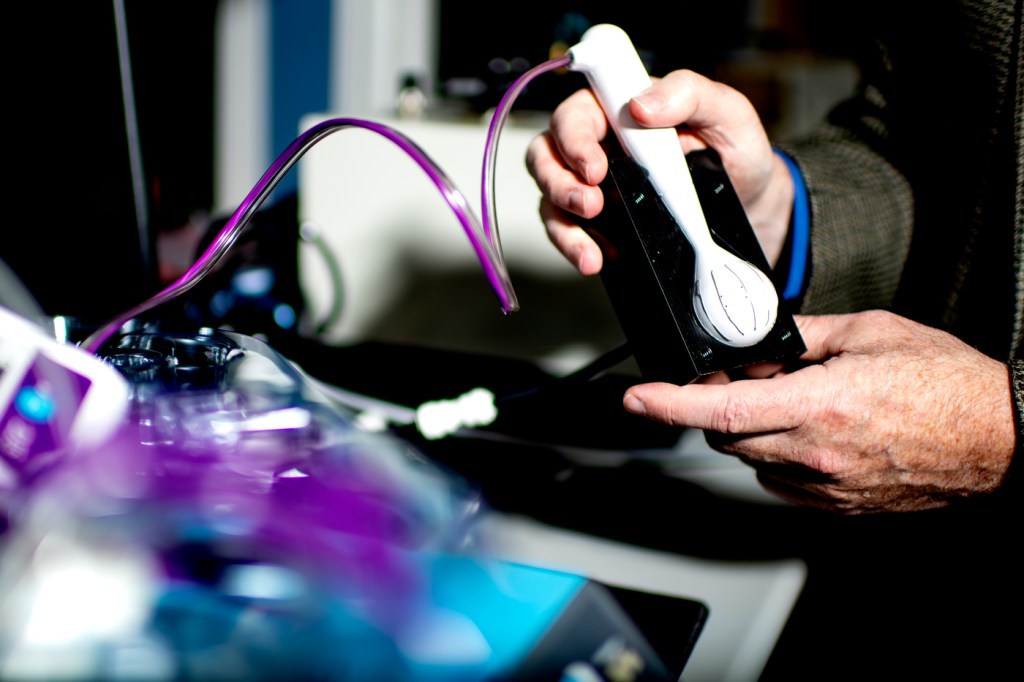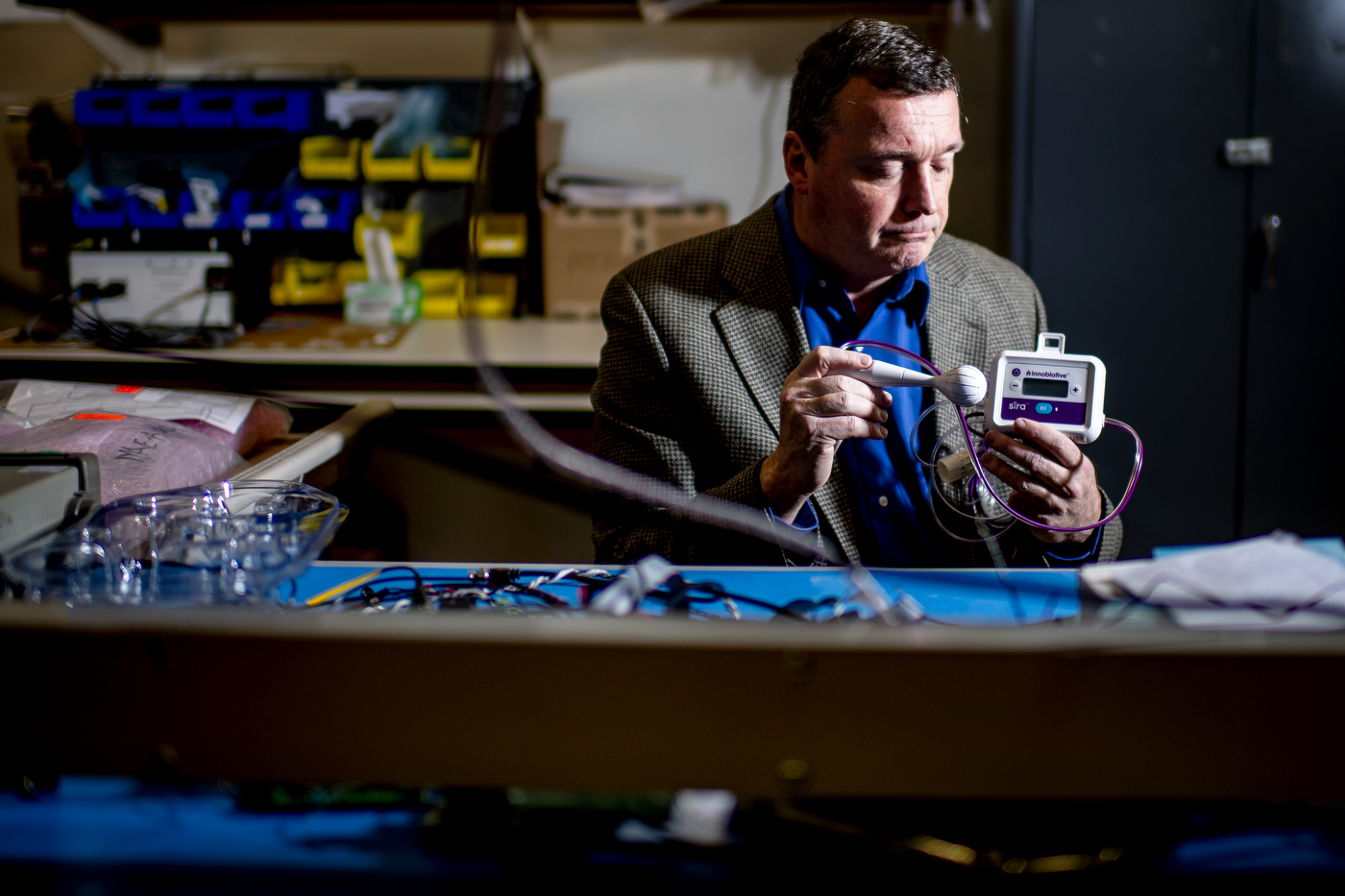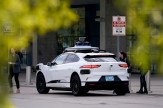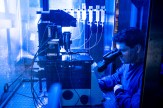He has created 110 ways to treat diseases and save lives

MANSFIELD, Massachusetts—A 14-year-old girl in Toronto was suffering from a cancerous tumor embedded within the bone of her leg. Her doctor sought help from Bob Rioux, a Northeastern graduate who has invented scores of medical devices. The tumor was growing and pressing against a hard layer of cortical bone. The overwhelming pain prevented her from sleeping for more than an hour at a time.
“Her doctor, Murray Asch, called me and said, ‘Can we do something for her?’” says Rioux, an inventor with 110 patents for medical devices.
Rioux hurried to find an answer. Years earlier, he had developed a device that probed soft tissue and then opened like an umbrella to remove tumors. He modified that device and then tested it on pig bone (“It’s tougher than human bone,” Rioux says). Within two weeks, the device was drilled by hand into the girl’s leg, where it was expanded within the soft tissue of the bone marrow to remove the tumor. That night she slept 14 hours.
“The family wanted to meet me,” Rioux says. “It’s the most fulfilling part of the job for me—helping people.”

Rioux, who has another 40 patents pending, backed into his role as inventor after dreaming of flying planes for the Air Force. After graduating with a degree in mechanical engineering from Northeastern in 1985 on an ROTC scholarship, Rioux failed to qualify as an Air Force pilot.
“I was ‘too aggressive with the aircraft,’” he says with the slightest smile.
He moved into military intelligence as an air-defense analyst in Germany, where he was charged with gauging Soviet weaponry. He enjoyed the work—having minored in Russian at Northeastern—but the Warsaw Pact was crumbling, the Cold War was ending, and he didn’t see a future for himself in the military.
While searching for his next move, Rioux recalled how much he had enjoyed one of his Northeastern co-ops with a medical devices company. In 1988, he moved back home to Massachusetts to become a product development engineer for a biotech firm.
Rioux’s first inventions were especially difficult: Not only was he trying to solve difficult problems, but he was teaching himself how to solve them. Over the course of a decade he developed a methodology of asking “a lot of dumb questions” and then turning the answers into mechanical and electrical solutions. He routinely goes into operating rooms to watch procedures. He asks what is going wrong. Sometimes he notices problems and inefficiencies that the doctors and nurses have failed to recognize. Then he designs equipment to help solve the issues.
His devices cover a variety of medical fields—gynecology, orthopedics, wound care, and oncology. One of his specialties is radiofrequency (RF) ablation, by which electricity generates heat to kill cancer cells.
“My initials are R.F.R., so I was born for radiofrequency ablation,” he says. “My mother gets a kick out of that.”
He is currently developing products at Proven Process Medical Devices in Mansfield, Massachusetts, where he works every day with one of his former co-op supervisors of three decades ago, chief financial officer James Sluetz. Rioux has an ability to translate sophisticated medical techniques and language in order to arrive at fundamentally simple solutions.
“He has a rapport with clinicians and end users that enables him to garner the real problem that they’re trying to solve,” says Sluetz, who, like his two fellow co-founders of Proven Process, is a Northeastern graduate.
Rioux has built a rapport with attorney Robert Tosti, another Northeastern graduate, who executed Rioux’s first and 100th patent, among many others.
“We run things by each other and collaborate,” Rioux says. “He taught me to develop not just good inventions, but good patents.”
Rioux puts in 50 to 55 hours a week, but his mind works around the clock on the latest riddles. Instead of carrying a notebook, he relies on his phone for the questions that are puzzling him. (He often tests his products on store-bought meat products.) Over the past four years, he has begun earning equity from his inventions.
“Maybe I should have done that before, but my family and I were happy,” says Rioux, who was a salaried employee for most of his career. “I joined the military for a sense of purpose, and developing medical devices gives me that same sense of purpose.”
Rioux is hoping to venture into commercial products. He has two patents for a device that prevents kids from playing video games until they’ve done their homework. If they are able to answer a series of educational questions, then they’re allowed to play.
“My sons tell me it’s evil,” Rioux says. “And I counter with, then it must be good.”
For media inquiries, please contact media@northeastern.edu.






